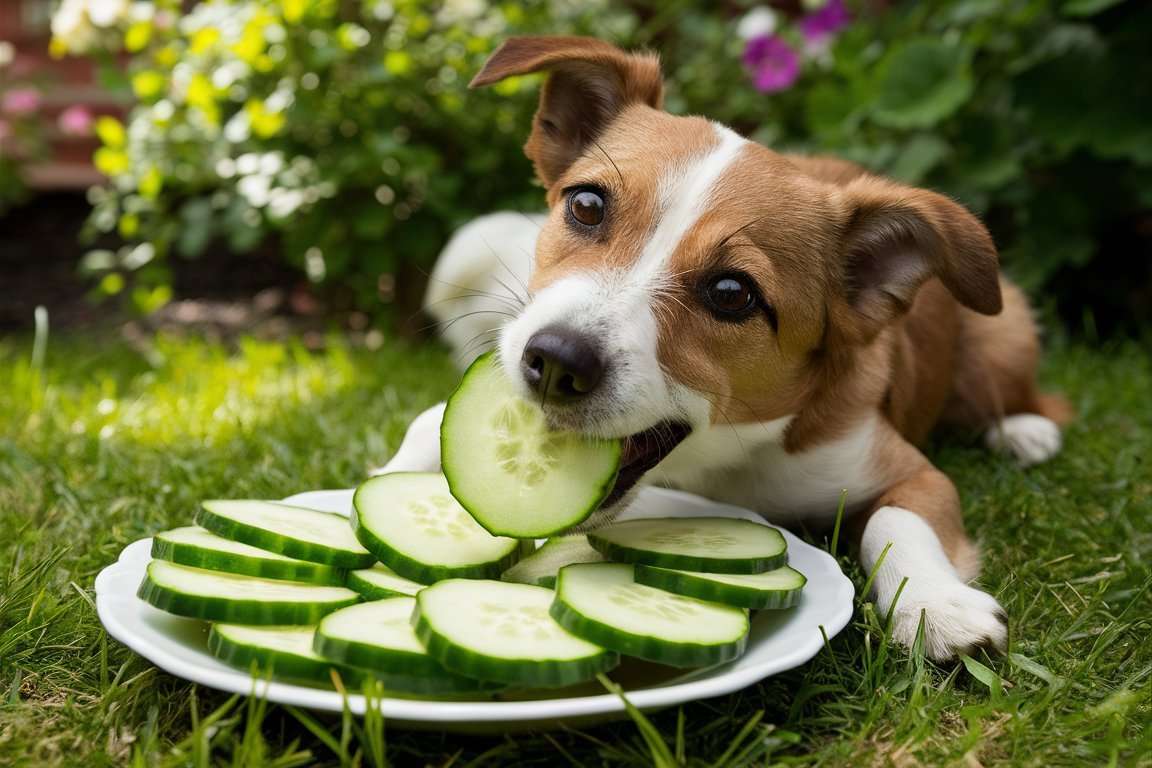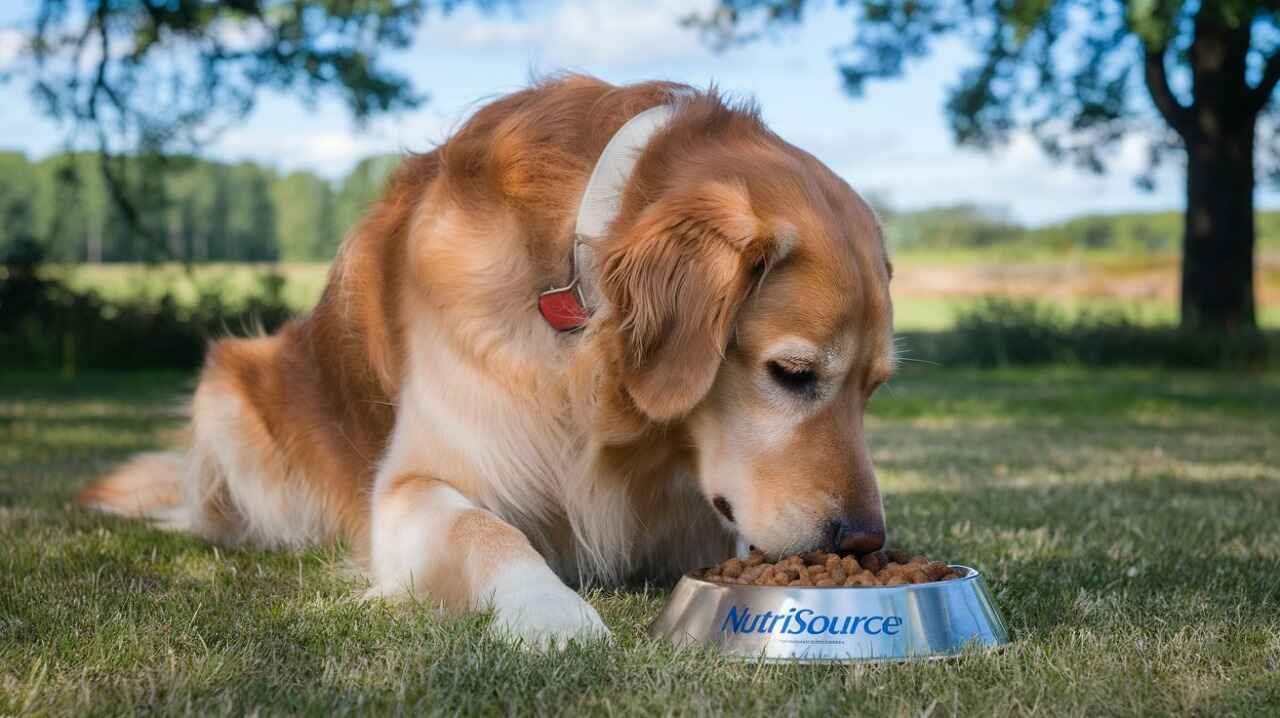Can Dogs Eat Cucumbers? A Comprehensive Guide for Dog Owners
As a dog owner, it’s only natural to wonder which foods are safe for your furry friend. You might be snacking on some crunchy cucumbers and find yourself asking, can dogs eat cucumbers? The answer is a resounding yes! Cucumbers are not only safe for dogs, but they can also be a refreshing and healthy treat. In this article, we’ll explore the benefits of cucumbers for dogs, how to safely prepare them, and any potential risks you should be aware of.
Why Are Cucumbers Good for Dogs?
Cucumbers are a popular snack for health-conscious people, and they can be just as beneficial for your dog. Here’s why:
Low in Calories
Cucumbers are incredibly low in calories, making them an excellent treat for dogs who need to watch their weight. With approximately 8 calories per half-cup, cucumbers allow your dog to enjoy a satisfying snack without the risk of weight gain. This is particularly important if your dog is on a calorie-restricted diet or if you’re trying to manage their weight.
High in Water Content
Cucumbers are made up of about 95% water, which means they can help keep your dog hydrated, especially on hot days. They’re an excellent way to ensure your dog stays cool and refreshed, making them an ideal summer treat.
Rich in Nutrients
Cucumbers are packed with essential nutrients that contribute to your dog’s overall health. They contain vitamins like Vitamin K, which is important for bone health, and Vitamin C, which supports the immune system. Additionally, cucumbers provide minerals like potassium and magnesium, which are crucial for maintaining healthy body functions.
Promotes Fresh Breath
Cucumbers can help improve your dog’s breath. The high water content combined with the crunchiness of the cucumber can help clean your dog’s teeth and reduce the bacteria that cause bad breath. While not a substitute for regular dental care, cucumbers can be a tasty supplement to your dog’s dental hygiene routine.
How to Safely Feed Cucumbers to Your Dog
While cucumbers are safe for dogs, it’s essential to serve them correctly to avoid any potential risks. Follow this step-by-step guide to ensure your dog can enjoy cucumbers safely:
Step 1: Wash the Cucumber Thoroughly
Before you give cucumbers to your dog, make sure to wash them thoroughly. This removes any dirt, pesticides, or chemicals that might be on the skin. If you’re concerned about pesticides, you might consider buying organic cucumbers or peeling the skin off.
Step 2: Slice the Cucumber into Small Pieces
To prevent choking, always cut the cucumber into small, bite-sized pieces. This is especially important for small dogs or puppies, who might struggle with larger pieces. You can slice them into thin rounds or small cubes, depending on your dog’s preference.
Step 3: Serve in Moderation
While cucumbers are low in calories and healthy, they should still be served in moderation. Too much cucumber can lead to digestive upset, including diarrhea or stomach cramps. A few pieces as a treat or mixed into your dog’s regular food is usually sufficient.
Step 4: Monitor Your Dog for Any Adverse Reactions
As with any new food, it’s important to monitor your dog after introducing cucumbers to their diet. Watch for any signs of an allergic reaction, such as itching, swelling, or gastrointestinal upset. If your dog shows any of these symptoms, stop feeding them cucumbers and consult your veterinarian.
Potential Risks of Feeding Cucumbers to Dogs
While cucumbers are generally safe, there are a few risks to be aware of:
Choking Hazard
As mentioned earlier, large pieces of cucumber can be a choking hazard, particularly for smaller dogs. Always cut cucumbers into appropriately sized pieces and supervise your dog while they’re eating.
Digestive Issues
Although cucumbers are gentle on the stomach, too much can lead to digestive problems, especially if your dog isn’t used to eating high-fiber foods. Start with small amounts and see how your dog reacts before offering more.
Pesticides on the Skin
If you’re feeding your dog cucumber with the skin on, make sure it’s well-washed or consider buying organic cucumbers to reduce the risk of pesticide exposure. Alternatively, peeling the cucumber can eliminate this concern.
Anecdote: My Dog Max and His Love for Cucumbers
One day, while preparing a salad, I accidentally dropped a slice of cucumber on the floor. My dog, Max, eagerly snatched it up before I could even reach for it. To my surprise, he loved it! Since then, cucumbers have become one of his favorite snacks. On hot summer days, I’ll often slice up a cucumber and share it with him as a refreshing treat. It’s become our little tradition, and I love knowing that it’s both healthy and hydrating for him.
Are There Any Alternatives to Cucumbers?
If your dog doesn’t seem to enjoy cucumbers or if you’re looking for other healthy snack options, there are plenty of alternatives:
- Carrots: Carrots are low in calories, high in fiber, and great for dental health.
- Green Beans: Another low-calorie option that’s rich in vitamins and fiber.
- Celery: Celery is hydrating and can also help freshen your dog’s breath.
- Zucchini: Similar to cucumbers, zucchini is low in calories and high in water content, making it a good alternative.
These options are nutritious and safe, giving your dog a variety of flavors and textures to enjoy.
When Should You Avoid Feeding Cucumbers to Your Dog?
There are a few situations where you might want to avoid feeding cucumbers to your dog:
- If Your Dog Has a Sensitive Stomach: While cucumbers are generally easy to digest, dogs with particularly sensitive stomachs might experience discomfort or diarrhea.
- If Your Dog Is Prone to Choking: For dogs that tend to gulp their food without chewing, cucumbers might pose a choking hazard, especially if not cut into small enough pieces.
In these cases, it’s best to consult with your veterinarian before offering cucumbers or any new food to your dog.
Conclusion: Should You Give Your Dog Cucumbers?
In conclusion, dogs can eat cucumbers safely, and they can be a healthy, low-calorie treat for your furry friend. Cucumbers provide hydration, essential vitamins, and a satisfying crunch that many dogs love. Just remember to serve them in moderation, cut them into small pieces, and monitor your dog for any adverse reactions.
By following these guidelines, you can confidently share cucumbers with your dog, knowing they’re both a delicious and nutritious option.




This post has been incredibly helpful in clarifying a lot of the questions I had. Thank you for providing such clear and concise information.